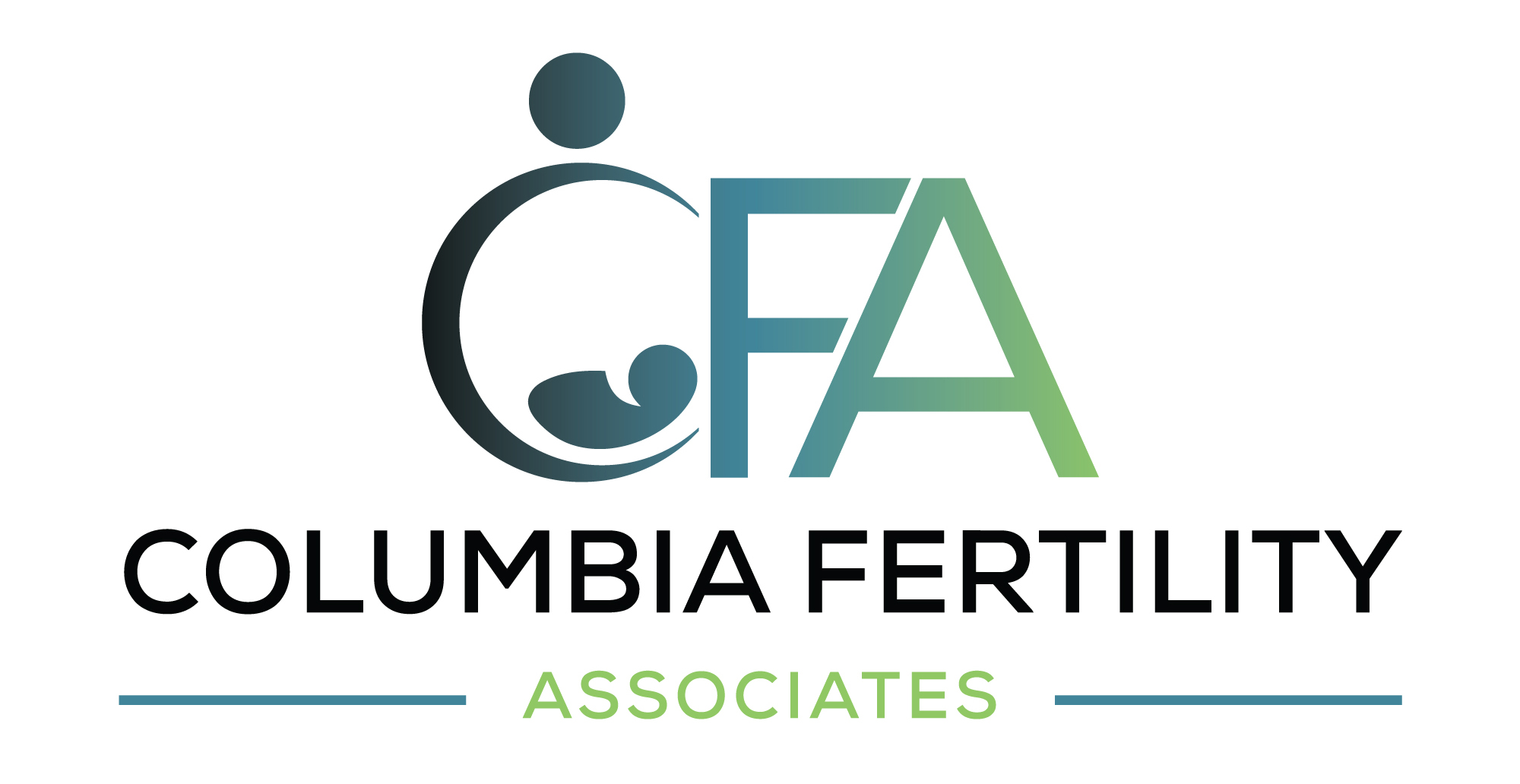Somewhere between 8-20 percent of known pregnancies end in miscarriage. That figure doesn’t account for the instances in which the woman miscarried so early in the pregnancy that she didn’t realize she was pregnant or had any symptoms of a miscarriage.
But when your own pregnancy ends in miscarriage, knowing that 99% of women who miscarry later have healthy babies may not be comforting enough. The grief you and your partner experience can be overwhelming. You may worry that you’re not able to carry a baby to term and you’ll be disappointed again.
The expert OB/GYNs at Columbia Fertility Associates, with locations in Washington, DC; Bethesda, Maryland; and Arlington, Virginia, know how devastating a miscarriage can be. They help you prepare for your next pregnancy so that you’re confident and comfortable as you get ready to accept a new life.
Timing the next pregnancy
After your miscarriage, you and your partner may need time to grieve before trying again. Don’t rush the process. If you need grief counseling, we’d be happy to refer you to a counselor.
We don’t recommend having sex in the first two weeks after a miscarriage, because it raises your risk for an infection. As soon as the two-week period has passed, you’re physically able to try again. In most cases, you’ll ovulate on schedule, and it’s possible that you could become pregnant as soon as two weeks after the miscarriage.
Testing after miscarriages
If you’ve had more than one miscarriage, however, we recommend tests before trying to conceive again. The tests help us identify any physical problems that could have caused your miscarriage so we can reduce the chances of its happening again. Tests we may order include:
- Blood tests to evaluate hormonal balance and the health of your immune system
- Chromosomal tests that evaluate both partners, and possibly fetal tissue, for abnormalities
- Various imaging or exploratory tests to identify growths, tumors, or abnormalities in your reproductive organs
If we find any abnormalities that may have interfered with your pregnancy, we make treatment recommendations based on your particular case.
Preparing your body to conceive
Most miscarriages can’t be prevented. However, by adopting healthy lifestyle habits, you increase your chances of having a healthy baby and staying healthy yourself through the gestation process. We recommend:
- Taking a multivitamin with 400 micrograms of folate daily
- Quitting smoking, drinking, and recreational drug use
- Eating a diet rich in vegetables and fruit
- Limiting caffeinated beverages and foods
- Getting appropriate daily exercise
- Achieving a healthy weight before pregnancy
We may also recommend other supplements or lifestyle changes to help you and your partner maximize your chances for a healthy pregnancy. If you need help losing weight, we can design a weight-loss program for you or refer you to a registered dietitian.
To get support after a miscarriage so that you can have the family of your dreams, call one of our three offices today or book an appointment online.








